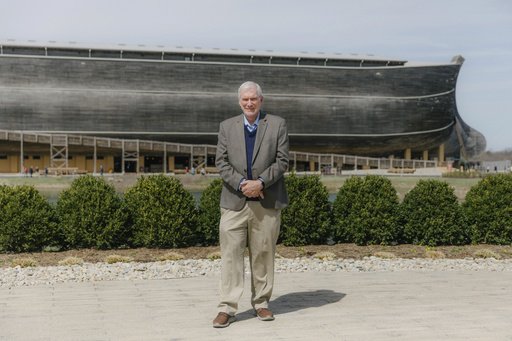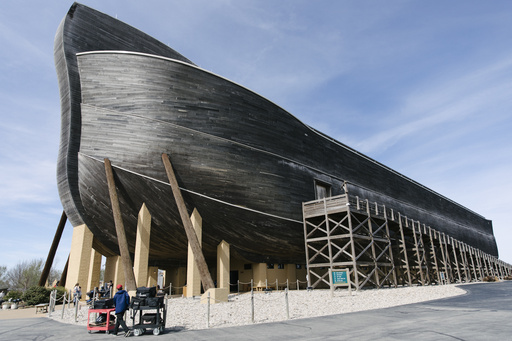
Trump’s push for drilling, mining sharpens debate for Alaska Natives about land they view as sacred
When Alaska Natives debate proposals to drill and mine the landscape of the nation’s largest state, it involves more than an environmental or economic question. It’s also a spiritual and cultural one. They have hunted and fished for subsistence food for generations. Some fear that extraction industries could threaten these activities in a similar way that other factors have contributed to a salmon crisis on Alaska’s longest rivers. Such debates have intensified with the Trump administration’s aggressive push to increase extraction here. Other Alaska Natives say such projects boost their economies. Opponents fear permanent environmental damage. Advocate Gloria Simeon says her people have been stewards of the land for millennia and take that relationship seriously.




